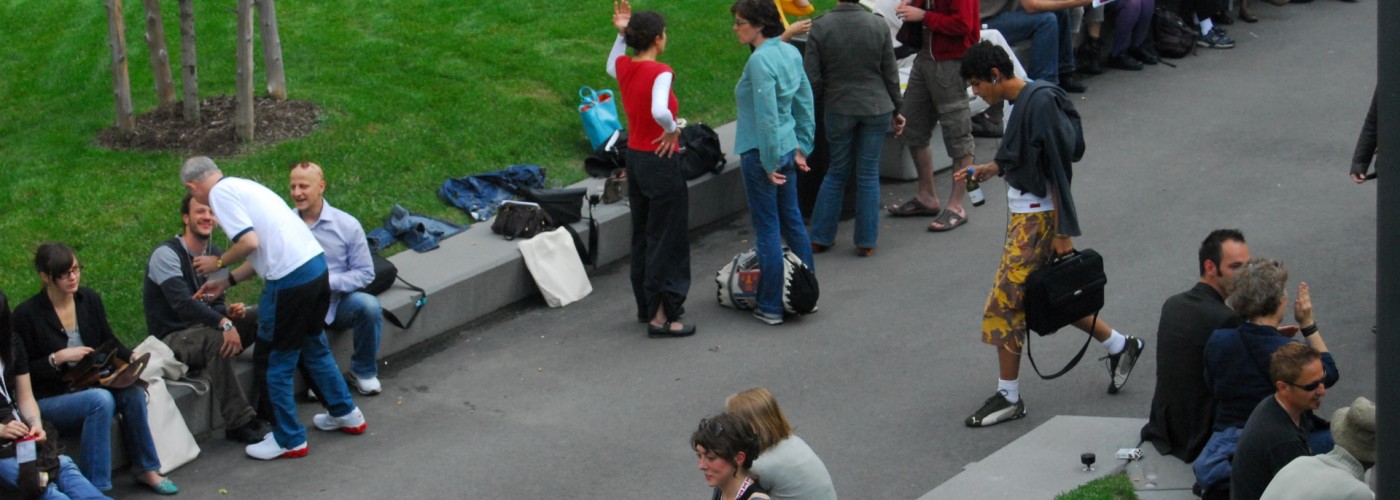| 16:30 | 19 |
|
| 16:30 | 19 |
|
| 16:30 | 19 |
|
| 16:30 | 19 |
|
| 16:30 | 19 |
|
| 16:30 | 19 |
| 17:00 | 19 |
|
| 17:00 | 19 |
|
| 17:00 | 19 |
|
| 17:00 | 19 |
|
| 17:00 | 19 |
|
| 17:00 | 19 |
|
| 17:00 | 19 |
|
| 17:00 | 19 |
|
| 17:00 | 19 |
|
| 17:00 | 19 |
|
| 17:00 | 19 |
|
| 17:00 | 19 |
| 12:00 | 19 |
|
| 12:00 | 19 |
|
| 12:00 | 19 |
|
| 12:00 | 19 |
|
| 12:00 | 19 |
|
| 12:00 | 19 |
|
| 12:00 | 19 |
|
| 12:00 | 19 |
|
| 12:00 | 19 |
|
| 12:00 | 19 |
|
| 12:00 | 19 |
|
| 12:00 | 19 |
|
| 16:00 | 19 |
|
| 16:00 | 19 |
|
| 16:00 | 19 |
|
| 16:00 | 19 |
|
| 16:00 | 19 |
|
| 16:00 | 19 |

